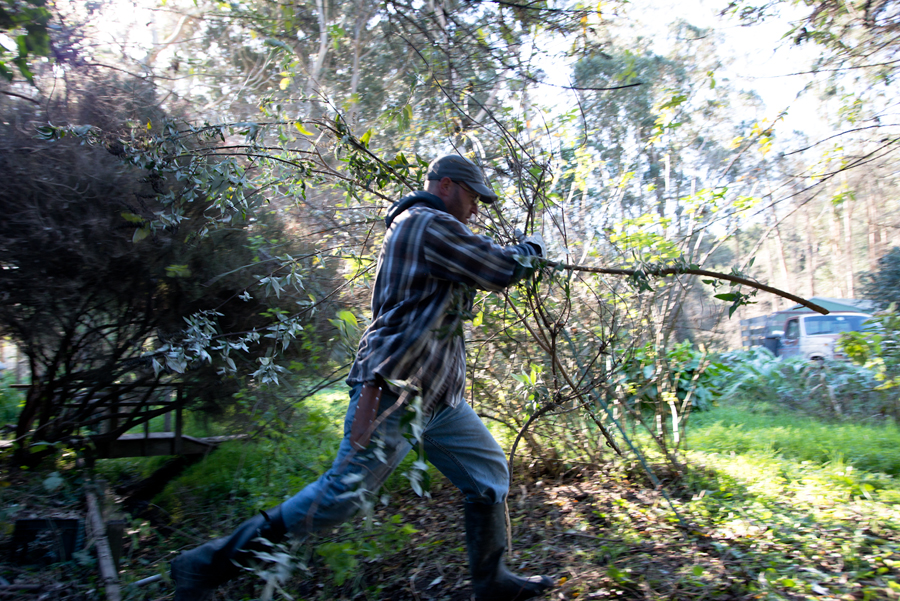Freedom means everything to Mike Walgrave. Freedom is why he chose to major in philosophy in college. It’s why he chose to travel . . .
Swords into food security


Freedom means everything to Mike Walgrave. Freedom is why he chose to major in philosophy in college. It’s why he chose to travel . . .